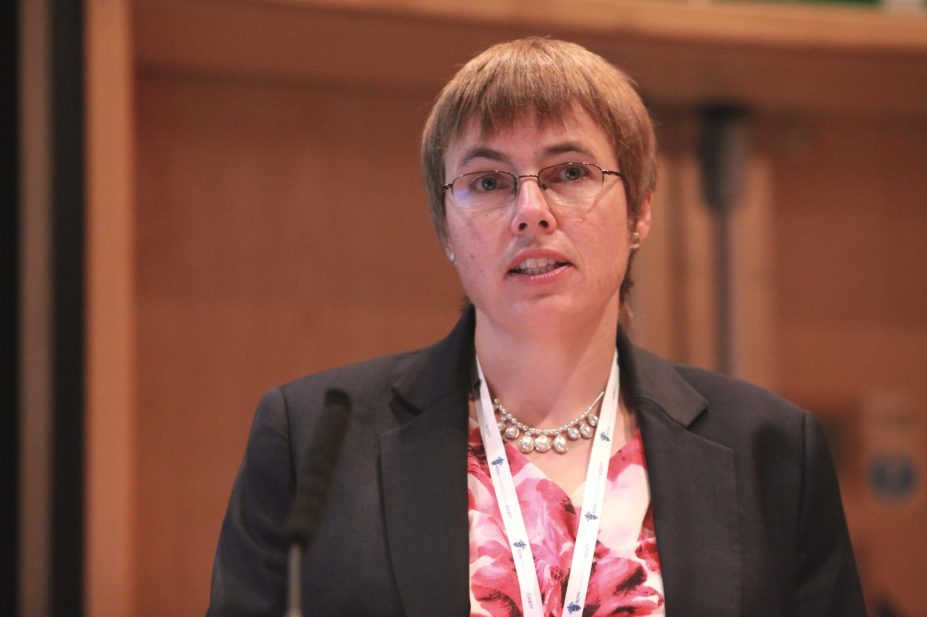
Nadia Attura
Patients taking oral anticancer medicines could benefit from receiving health coaching by a pharmacist, empowering them to take more responsibility for their treatment and health, according to a leading cancer pharmacist.
Professor Nicola Stoner, cancer consultant pharmacist at Oxford University Hospitals NHS Trust, was at the Royal Pharmaceutical Society (RPS) annual conference 2014 to share her thoughts on how pharmacists can have effective conversations with cancer patients to optimise medicines use.
Stoner explained that 1.7 million people in England are now living with cancer and this number is expected to double by 2030. With 50% of patients now surviving for ten or more years after diagnosis, the disease is beginning to be seen as a long-term condition, she added.
The rise in availability and use of oral anti-cancer medicines means that patients are having to take more responsibility for their treatment, yet, despite cancer patients being a motivated group in general, they can still have many problems with adherence, Stoner said.
“Patients have to remember and understand a lot of information, the names [of medicines] are very long, and they often do not know which drug is for what, particularly if we are giving them supportive care as well as their anticancer agent,” she said. “It is very important that we have good consultation skills and effective conversations with our cancer patients about this group of medicines.
“Health coaching [puts] health education and health promotion in a coaching context to enhance the wellbeing of individuals and to facilitate the achievement of their health-related goals. And it combines health education, clinical expertise and behavioural change,” explained Stoner, who works at the Oxford Cancer and Haematology Centre and Oxford Cancer Research Centre.
“There is evidence that health coaching improves adherence, particularly in long-term conditions, and as cancer is now becoming a long-term condition we are just at the beginning of seeing this being used in this area,” she added.
Stoner and her colleagues are only just beginning to incorporate health coaching into their practice and are planning a larger-scale research project comparing health coaching with standard care for patients who are on the second cycle of oral anticancer treatment.
“A coaching approach for a safe use of oral anticancer agents is the way forward for us,” she concluded.


